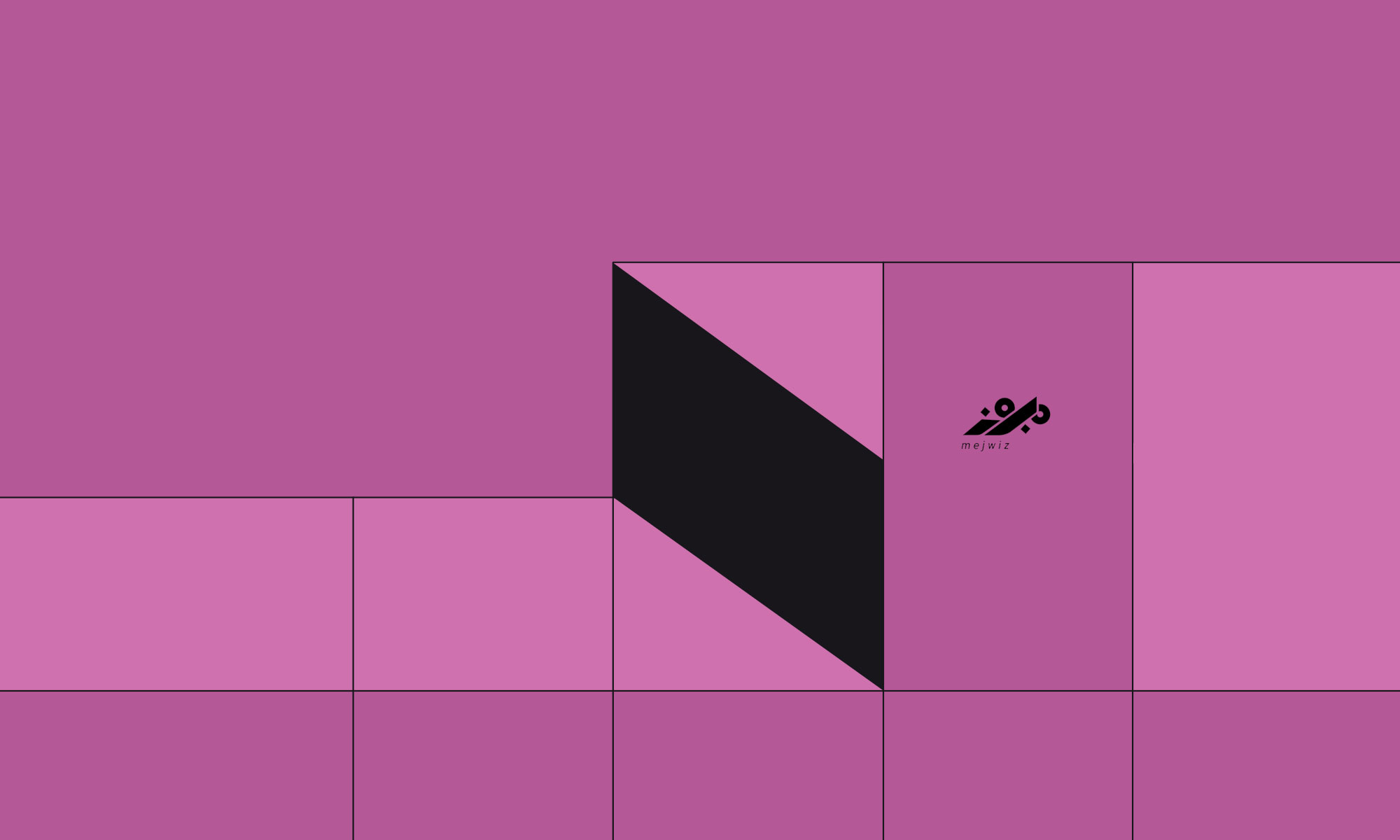DABAKA – Music as a Cultural Bridge
Syrian and Lebanese musicians played a live concert with the content they created in front of a wide audience of participants and locals.
From the Syrian revolution emerged a prolific movement of artistic expression using innovative forms, and developed by artists in Lebanon. Born out of war or transformed as a result of it, this art aims at calling the attention of the community to breaking fear, raising hope, and rehumanizing the world. Some Syrian artists consider their art as a means of protest or healing, while others reclaim the existence of Syrian art as pure artistic creation.
Since cultural differences are at the heart of conflict, cultural practice needs to be at the heart of conflict resolution as well. Arts in general, and music in particular, can help create trust, encourage empathy, raise awareness and inspire tolerance around difference. It can play an important role in reconciliation and forgiveness, and in post-conflict society rebuilding. Music has a transformative power on peace-building, peacemaking, and conflict prevention through the arts. It is a powerful tool in breaking barriers and fostering dialogue between Syrian and Lebanese, bringing a renewed togetherness to both parties. This is why it is essential to maximize communication and collaboration between Syrian and Lebanese artists so that culture can assume a more prominent role in post-conflict building contexts, alongside security, and development.
“Dabaka” project encouraged more dialogue between artists of the cultural scene working in the areas of peace-building and conflict prevention to foster a greater understanding of the unique role that the arts can play. By bringing together Lebanese and Syrian musicians who otherwise would never have met to play music together, and who will revisit together songs of Syrian-Lebanese folk repertoire, “Dabaka” gave a positive example of peaceful coexistence. It created a collaborative positive environment where musicians can work together towards a common goal, discover each other’s culture, and share their experiences.
“Dabaka” includes the production of one original work (45 min length), the release of an album, and a live performance.
This event was organized in collaboration with UNHCR and Red Oak.



